
The Band started as The Hawks, backing blues belter Ronnie Hawkins before supporting Bob Dylan on his controversial 1966 electric tour. After the tour, The Band went to earth with Dylan and recorded the Basement Tapes. There they developed their unique melding of rock with traditional folk, country and blues forms.
Introduction
The Band’s organic harmonies, the virtuoso but often unassuming musicianship (guitarist Robbie Robertson forwent soloing for their 1968 debut album, a revolutionary principle when Cream and Hendrix were at their height) and songs that seemed to spring from an America of a hundred years earlier, created a richness and homespun authenticity that has rarely been touched in popular music.
While The Band projected the image of a consummately American group, four of the five members were actually Canadian. Only drummer Levon Helm was a native of the Deep South where much of The Band’s mythology had its origins.
Most of The Band were proficient on multiple instruments. Typically Robertson and Helm were augmented by bassist Rick Danko, organist Garth Hudson, and pianist Richard Manuel. But the lineup could shift to Danko on fiddle, Manuel on drums, Hudson on piano, and Helm on mandolin. Hudson was also proficient on saxophone, while Manuel, Danko, and Helm shared the lead vocals. While their creaky vocals have personality and added to their charm, they are also arguably the group’s weakest point.
The Band reformed without Robertson as a touring group in the 1980s and recorded three more albums in the 1990s, but without Robertson’s writing I’m not especially interested. But the group’s first two albums are stone-cold classics, filled with great songs and clever arrangements, and are essentials of the rock canon. There are definite highlights from later in their career – there is a batch of excellent songs on Northern Lights – Southern Cross, including ‘Acadian Driftwood’ and ‘It Makes No Difference’ – so it’s worth either picking up a compilation or exploring their later studio work. The Band’s early work is also showcased on Dylan’s The Basement Tapes.
It’s also well worth watching The Last Waltz, a movie based around The Band’s farewell concert, recorded on Thanksgiving 1976 with numerous guest stars. As well as Van Morrison‘s intoxicated high kicks and the infamous edits on Neil Young‘s nose, it also illustrates the gulf between Robertson, the group’s primary writer, and the rest of the group.
For more biographical information on The Band, I recommend fellow blogger Jim S.’s detailed history here: https://musicenthusiast.net/2017/03/06/the-band-part-1-1000-miles-from-toronto-to-turkey-scratch/
The Band Album Reviews
Best Album: The Band
Overlooked Gem: Northern Lights – Southern Cross
Music From Big Pink
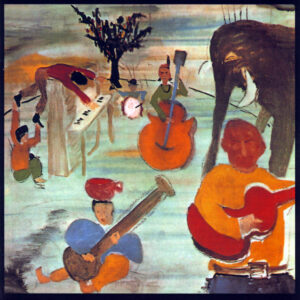
1968, 9/10
A pivotal record in rock history, Music From Big Pink has been credited with ending psychedelia and infusing roots-based music back into the rock lexicon. The name of the album comes from the house in upper New York State where The Band holed up while they created the record. The shift in emphasis is evident from track one, where Music From Big Pink begins with an emotive reading of the Bob Dylan ballad ‘Tears of Rage’. The songwriting is more democratic than later albums, with three songs penned with Dylan (originating from the Basement Tape sessions) and the traditional ‘Long Black Veil’ accompanying compositions from Robbie Robertson and Richard Manuel.
The best-known song is ‘The Weight’, an oblique tale of Biblical proportions, with an evocative opening guitar shimmer and a famous three-part vocal hook at the end of the chorus. The other major highlight is ‘Chest Fever’, an organ-led funk workout, with Hudson quoting Bach in the introduction and a bizarre Salvation Army band recreation on the bridge. But that’s only the surface of the record; the two emotional Dylan ballads that bookend the album are highly effective, while the electric piano groove of ‘Long Black Veil’ fits in perfectly with the rest of the record. ‘To Kingdom Come’ features a rare but effective Robertson vocal, while Manuel’s three winsome compositions are all evocative.
While it’s not surprising, given that The Band had spent years under the tuition of Ronnie Hawkins and Dylan, Big Pink is still one of the most assured and epochal debut albums in the history of popular music.
The Band
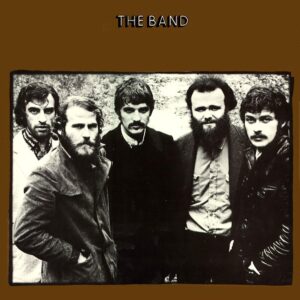
1969, 9.5/10
The group’s second release is the iconic Band album; it’s often referred to as the Brown Album, due to the earthy tones on the cover. Even more than the previous album, it witnesses the group digging into increasingly rich interpretations of traditional music forms. The diversity on The Bandis astounding; the album ranges from the hoe-down of ‘Rag Mama Rag’ and funk of ‘Up On Cripple Creek’ to the stateliness of ‘The Night They Drove Old Dixie Down’ and the languidness of ‘Rockin’ Chair’.
Robbie Robertson, who emerges as The Band’s main songwriter on the record, delves explicitly into American history in tracks like ‘The Night They Drove Old Dixie Down’ (a humanistic Southern perspective on the Civil War, prompted by a visit to drummer Levon Helm’s parents) and ‘King Harvest (Has Surely Come)’ (a tale of depression-era poverty) while the souls of most of the other tracks are grounded somewhere in a bygone era. There’s also a tangible Biblical flavour to songs like ‘Unfaithful Servant’ and ‘Jawbone’, which adds a further sense of authority to proceedings.
The Band is stacked with classic songs; ‘The Night They Drove Old Dixie Down’ is the most iconic, but the more overlooked ‘King Harvest (Has Surely Come)’ is just as weighty, concluding with a terrific minimalist solo from Robertson. The more lighthearted ‘Rag Mama Rag’ and ‘Up On Cripple Creek’ are both wonderful, packing in some interesting textural experimentation; producer John Simon’s tuba provides the bass line for the former, while Garth Hudson cranks out funky leads with his clavinet hooked up to a wah-wah pedal for the latter. Pianist Richard Manuel contributes the beautiful and fragile ‘Whispering Pines’. There’s also a solid core of tracks in the next tier down, with the time signature hopping piano hook of ‘Jawbone’ and the bass line of ‘Look Out Cleveland’ both showcasing the musicians’ versatility.
The Band is an iconic album, full of iconic songs.
Stage Fright
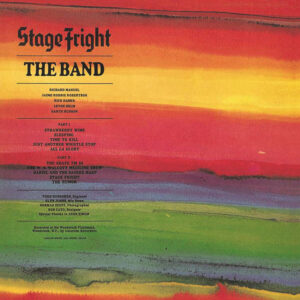
1970, 7.5/10
After the musically and thematically ambitious The Band, Stage Fright is a much more modest and stripped back effort. The songs are much more personal, with the group telling their own stories rather than America’s stories; the title track is about Robertson’s struggle with stage fright in his career. While Manuel contributed some key tracks to the first two albums, he’s fading out of the picture as a writer here – he has two co-credits with Robertson, but they’re two of the less memorable tracks, and they’re not as infused with his personality like ‘Whispering Pines’ on the previous album. There’s still great playing and arrangements, as you’d expect, but it’s much more conventional than previously.
It’s indicative of this accomplished but low-key album that the best-known songs are the mid-tempo title track and ‘Time To Kill’. They’re well written and expertly performed, with impressive moments like Hudson’s organ fills in the title track, but they’re very straightforward after the last album’s expansive palette. Other highlights include Robertson’s tale of new parenthood ‘All La Glory’ and ‘Daniel and the Sacred Harp’.
It’s hard not to be disappointed by a more modest approach after two amazing albums, but Stage Fright is a worthy album on its own terms.
Cahoots
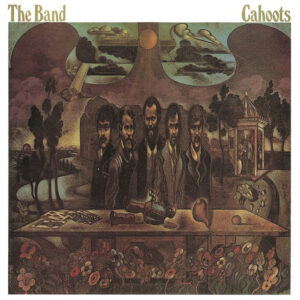
1971, 7.5/10
The Band’s fourth album showed them expanding their sound somewhat, a welcome change after the homogeneous Stage Fright. Cahoots is often categorised as a step down from its predecessors, but I find it at least as compelling as 1970’s Stage Fright. Arguably the tunes are weaker, but the introspective lyrics from Robbie Robertson and the more varied arrangements make it an interesting album. Van Morrison duets with Richard Manuel on ‘4% Pantomine’, while Allen Toussaint arranged the horns on the opening ‘Life Is A Carnival’.
Cahoots starts with two of its most accessible songs – ‘Life Is A Carnival’ is invigorating, with Levon Helm and Rick Danko sharing vocals, while ‘When I Paint My Masterpiece’ is the first Bob Dylan cover from The Band since Music From Big Pink. Elsewhere, Cahoots is characterised by Robertson’s lyrics that lament a changing society in songs like ‘Last of the Blacksmiths’ and ‘Where Do We Go From Here’; “Did you hear about the railroad going under/How it seems its days are numbered on the board.” The second side of Cahoots is weaker, but still boasts the contemplative ‘The Moon Struck One’ and the urgent ‘Smoke Signal’.
The Band wouldn’t release another studio album of original material for another four years, but Cahoots is a serviceable, under-rated effort that’s worth hearing.
Moondog Matinee
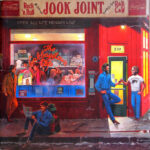
1973, not rated
I’ve never heard this covers album. The songs I know from a compilation sounded trivial next to Manuel and Robertson’s serious compositions, but it does have interesting selections like ‘Mystery Train’ and ‘A Change Is Gonna Come’.
Northern Lights – Southern Cross
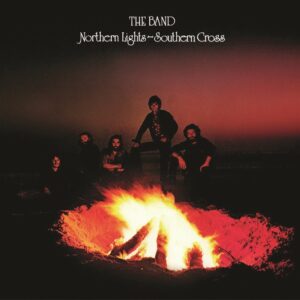
1975, 8.5/10
After four years, during which their only studio album was the covers record Moondog Matinee, The Band returned with their best work since 1969. They’ve updated their sound for the 1970s; it was the first album recorded in the group’s new studio, and 24 track recording allows room for synthesiser over-dubs. Garth Hudson’s work on ‘Jupiter Hollow’ is reminiscent of Stevie Wonder’s 1970s’ albums. More importantly, it’s much more lively than the previous two efforts – songs like the opener ‘Forbidden Fruit’ and ‘Ophelia’ are full sounding and joyful.
But the standout song is ‘Acadian Driftwood’ – a historic epic that’s the equal of ‘The Night They Drove Old Dixie Down’, but based in Canada and concerning the expulsion of French colonists from the eastern provinces in the 18th century. Rick Danko takes the spotlight in the country-soul tearjerker ‘It Makes No Difference’, while the group romp through ‘Forbidden Fruit’ and ‘Ophelia’.
If there’s a criticism of Northern Lights – Southern Cross, some of the songs outstay their welcome with only eight tracks stretched over forty minutes, but it’s a creative rebound after the rote Stage Fright and the unfocused Cahoots, and it’s a major work in The Band’s catalogue.
Islands
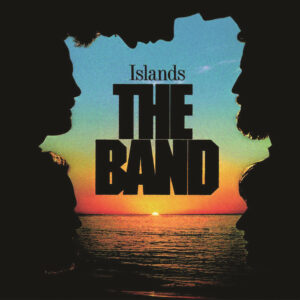
1977, 6/10
Islands was The Band’s last studio album until 1993, and the last to feature guitarist Robbie Robertson or pianist Richard Manuel. In some ways it’s more like a collection of leftovers than a studio album – some of these songs date back to 1972 and include songs like the group’s cover of Ray Charles’ ‘Georgia on my Mind’, recorded to support Jimmy Carter’s presidential bid in 1976. It is similar in texture to Northern Lights – Southern Cross – most of the songs share that album’s smooth, mid-1970s’ sound.
As you’d expect, most of Islands feels like second-tier material from The Band. Along with Manuel’s emotive reading of ‘Georgia On My Mind’, the standout track is Robertson’s seasonal ‘Christmas Must Be Tonight’, which is one of the best, most sincere Christmas songs in the pop music canon. There’s other enjoyable material like ‘The Saga Of Pepote Rouge’, another Robertson historical story, and the opening pair of ‘Right As Rain’ and ‘Street Walker’, but songs like the instrumental title track feel slight.
The Band reunited as a touring unit in the 1980s, and for three more studio albums in the 1990s, but without Robertson’s songwriting, I have little interest in their later work. Islands is competent, but unexciting, a bookend to their initial lineup’s studio catalogue.
The Last Waltz
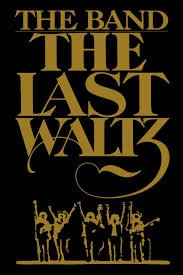
Thoughts on the 1978 movie
In 1976 The Band’s pianist Richard Manuel was seriously injured in a boating accident. This prompted Robbie Robertson to consider the idea of The Band retiring as a live act, continuing to work in the studio a la The Beatles. The Band held their farewell concert on Thanksgiving in 1976, at Bill Graham’s Winterland Ballroom. It was the same place they’d played their first gig, and they celebrated by inviting guests who’d shared their musical journey with – notably Ronnie Hawkins, who they’d backed as The Hawks, and Bob Dylan, who they’d backed during his controversial 1966 electric tour.
The concert was collated into a movie by director Martin Scorcese, who interspersed the live footage with interviews with The Band, and with soundstage performances captured after the live gig. The interviews are fascinating, showing a schism between Robertson (who’d become close to Scorcese) and the rest of The Band.
The film opens with Band hits like ‘Up on Cripple Creek’ and ‘Don’t Do It’ (actually the last song of the concert), before the guest stars begin. There’s a long and illustrious list – Ronnie Hawkins of ‘Who Do You Love?’, Dr John on ‘Such A Night’, and an unlikely Neil Diamond on ‘Dry Your Eyes’. Joni Mitchell provides off-stage harmonies for Neil Young’s ‘Helpless’, before playing ‘Helpless’. Muddy Waters plays a dramatic ‘Mannish Boy’ before a clearly inebriated Van Morrison performs high kicks. Mavis Staples and Emmylou Harris guest on songs recorded on the soundstage after the main gig. Bob Dylan is the big drawcard, Eric Clapton trades licks with Robertson, while Ringo Starr and Ronnie Wood also guest.
In some ways 1976 is the end of an era for many involved – The Band themselves arguably never made another great record after The Last Waltz, Neil Diamond was about to lurch into adult contemporary, while Joni Mitchell was at the end of her golden run of records. Hedonism is present, most notably the cocaine booger that had to be edited out of Neil Young’s nose. And The Band sound tired, worn down by infighting. But despite the world-weary atmosphere, the music’s consistently great.
Jericho
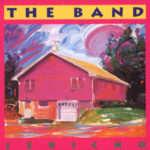
1993
The Band reformed as a touring act in 1983. They started recording a new album in 1985, but were discouraged by Manuel’s suicide. A new studio album finally emerged in 1993. Robertson isn’t involved, and Manuel only appears in one track, salvaged from the 1985 sessions. Notable covers include Springsteen’s ‘Atlantic City’ and Dylan’s ‘Blind Willie McTell’.
High on the Hog
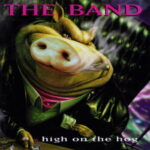
1996
Another album reliant on covers, with songs from Bob Dylan, J.J. Cale, and Jules Shear. Richard Manuel is represented by a live cover of ‘She Knows’, written by Bread’s James Griffin and Robb Royer.
Jubilation
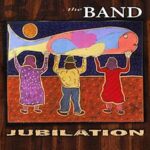
1998
The Band’s final album was recorded in Levon Helm’s home studio in Woodstock. Helm and Danko are much more involved with writing than on the two previous reunion efforts. The Band broke up for good after Rick Danko passed away in 1999.
10 Best Songs by The Band
Back to 1960s album reviews…..
Cincinnati Babyhead Says:
I’m listening to ‘Chest Fever’ as I comment. It never gets old just like the whole album. Some of my favorite music. Enough said.(Stage Fright) Another good one. Just throw it in with the rest. Love ‘Daniel’. Listening to it again. This is CB music. I’m a sucker for Danko’s fiddle. Danko’s first solo album is a fave. I’ve been listening too RR’s ‘Music For Native Americans’. lately. Digging the vibe on that one.
(Cahoots) Just the opening of ‘Carnival’ you know you’re in for a good ride. Great piece of music. Toussaint’s horn arrangements are perfect. CB used to work on the railroad so that lyric you picked is perfect. Dig the Van/Richard duet. Love the “Belfast Cowboy” bit. You could tell Morrison liked working with these guys. Another album with lots of good music on it. Posts like this keep me coming back.
‘The Last Waltz’ is a double dip for me. Scorsese film and The Band. I have probably watched that more than any other movie. I could even live with the ND appearance. My wife likes him. I think he was a bone of contention between Robbie and Levon.
(Northern Lights) Another of my favorite records. Like I said the cover is great . The music is pretty good also. Manuels vocals on ‘Hobo’ get me every time. great record.
(Islands) Garth does some nice work on this one. These songs are embedded in my head. Very cool that you are taking time to indulge in this music.
(1990s) Definitely not the same but still lots of good music. Both Danko and Helm released some very good solo albums. I actually went to see them without RR. It really was to bad what happened with these guys. Opinions and rumors run wild. I choose to stay out of the BS. They made some of my favorite music together and individually. I still like what Robertson’s doing.
Chris Morvan Says:
(The Band) I must have bought this three or four times on vinyl and twice on CD. Timeless. Brilliant but unshowy musicianship and lyrics full of little gems.
Snow’s gonna fall and the frost gonna bite
My old car froze up last night
Ain’t no reason to hang my head
I could wake up in the morning dead
(and that’s a kind of afterthought line as When You Awake fades out.)(Stage Fright) Yes, it’s less mystical than the previous ones But chock full of great tunes. Listen to how Just Another Whistle Stop rattles along, and the poignant lullaby of All la Glory.
(Cahoots) The low-profile one. But Life Is A Carnival, Shootout in Chinatown etc. the boys still had it. And The Moon Struck One breaks your heart.
(Northern Lights) To have Acadian Driftwood in your repertoire would be enough. But It Makes No Difference on the same album – majestic.
3 Comments
Leave a Reply
Related Pages
About
Aphoristic Album Reviews is almost entirely written by one person. It features album reviews and blog posts across a growing spectrum of popular music.
Review Pages
Read about the discographies of musical acts from the 1960s to the present day. Browse this site's review archives or enjoy these random selections:
Blog Posts
I add new blog posts to this website every week. Browse the archives or enjoy these random selections:
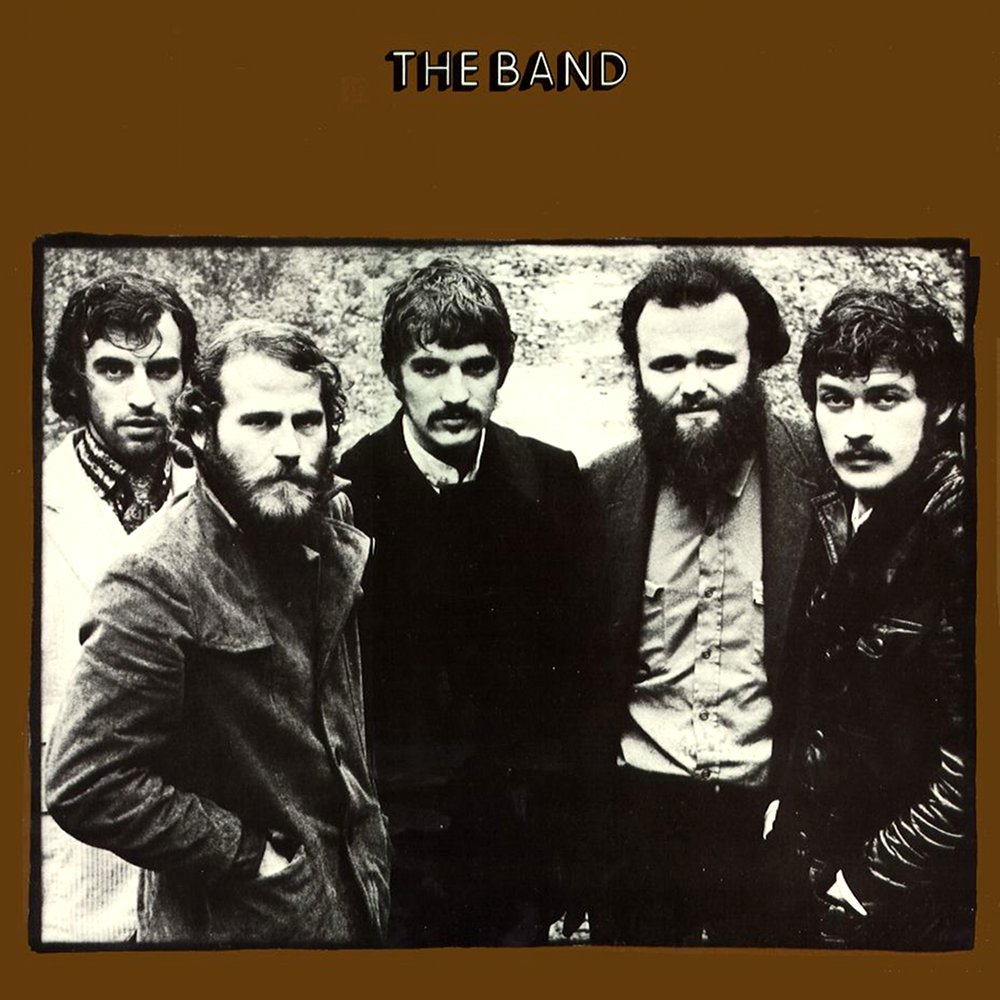
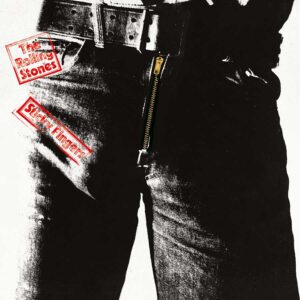
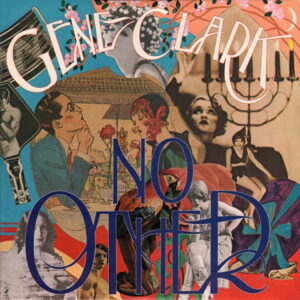
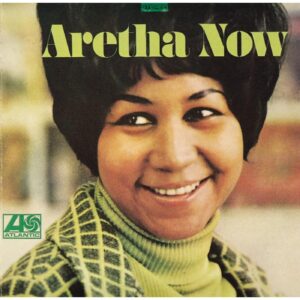
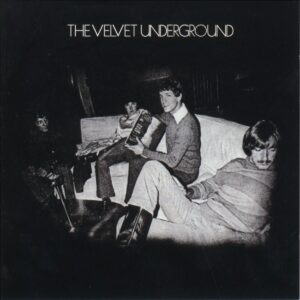
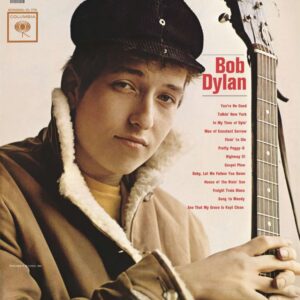
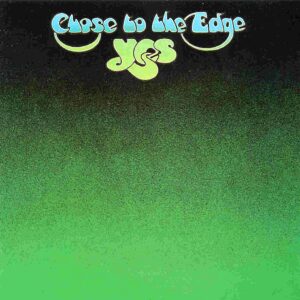
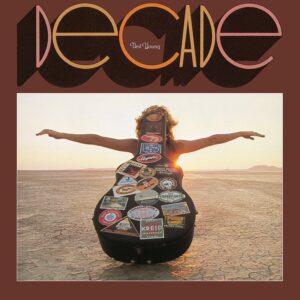

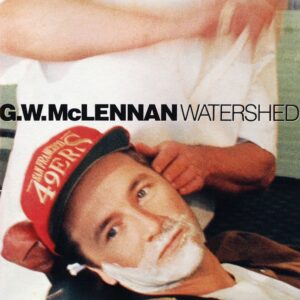
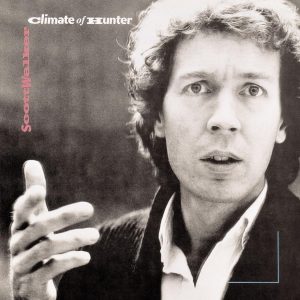
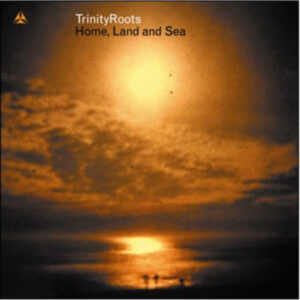
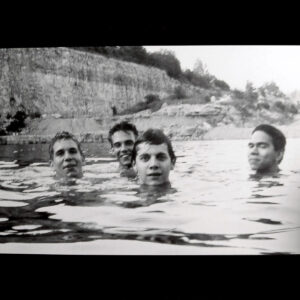
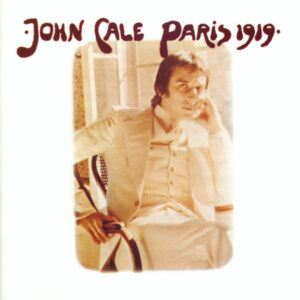
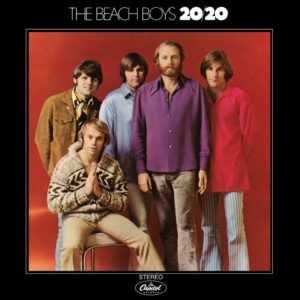

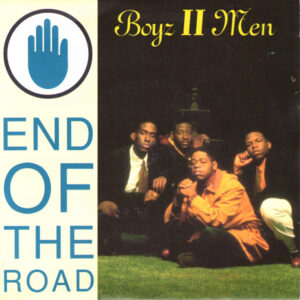
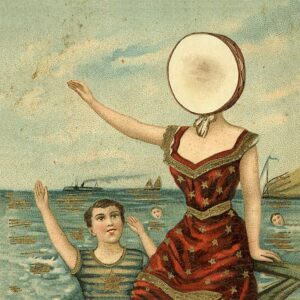
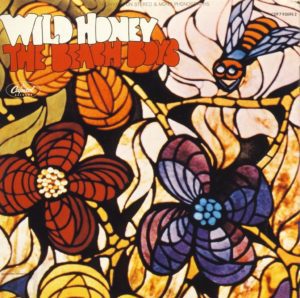
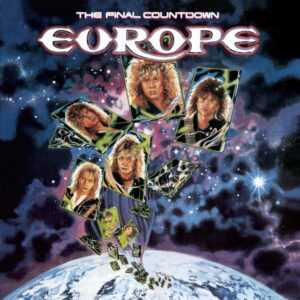




The Weight
The Shape I’m In
The Night They Drove Old Dixie Down
Stage Fright
Don’t Do It
Life Is a Carnival
This Wheel’s on Fire
Ophelia
I Shall be Released
Time to Kill
You really like Stage Fright!
Dude, you have to listen to Moondog Matinee. It might be my favorite record of theirs. The first two records are artistic masterpieces, but Moondog brings the rock and roll spirit that must have defined their bar band days. The performances are grooving and Manuel’s vocal features are for the ages. Mystery Train features the best of Garth on the out choruses. Love this record.